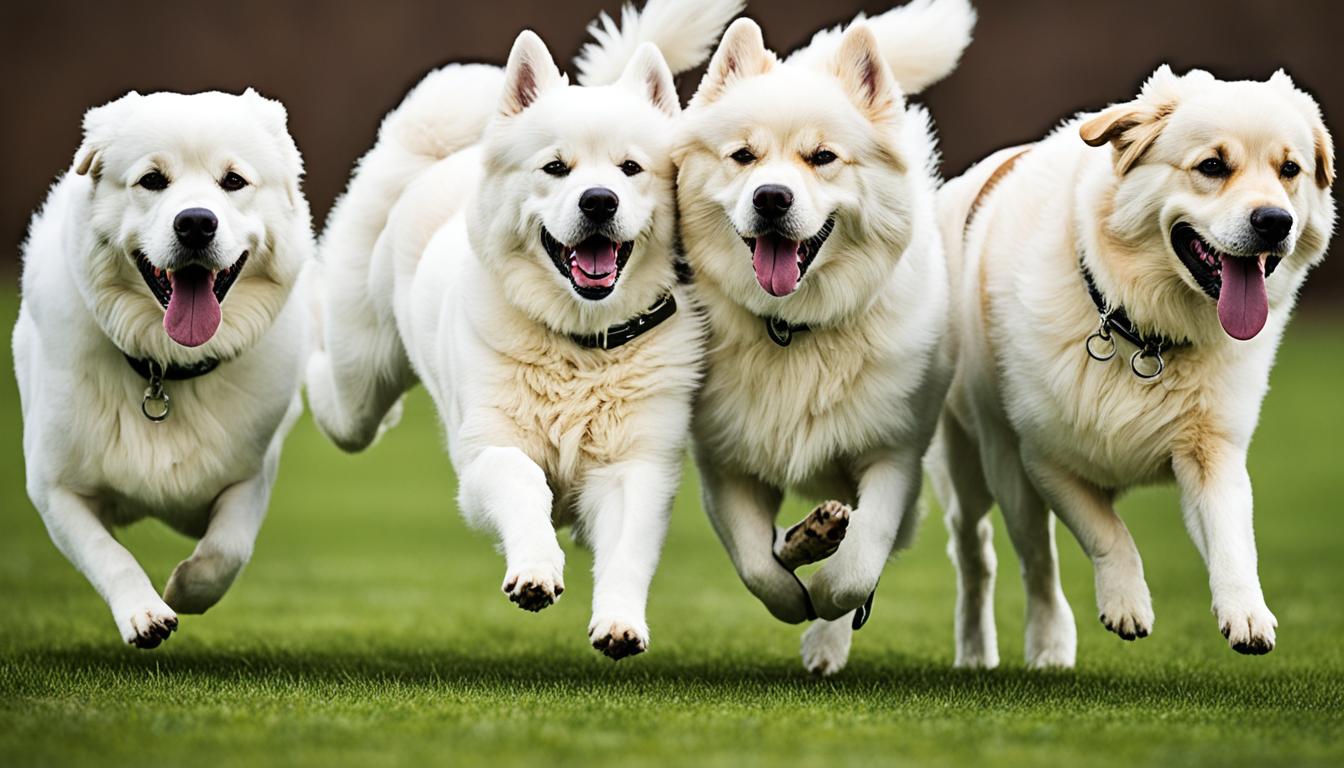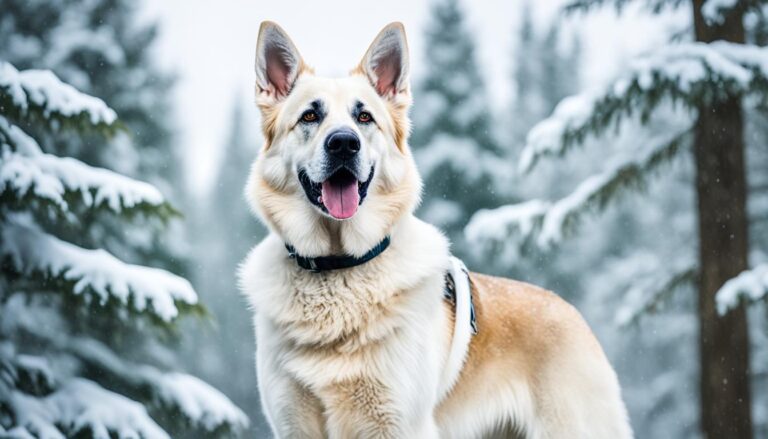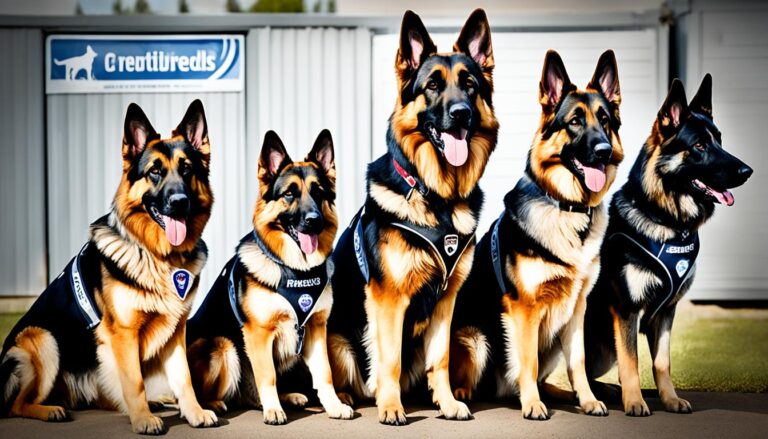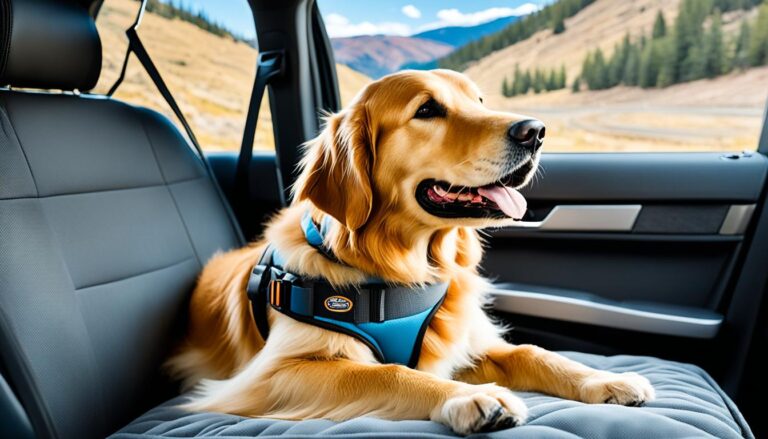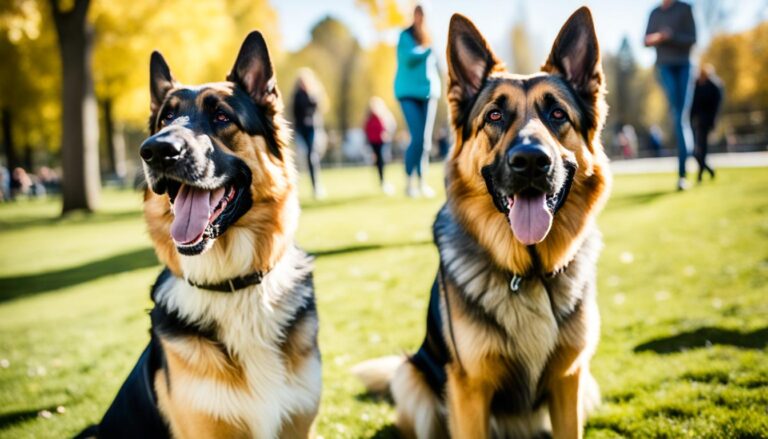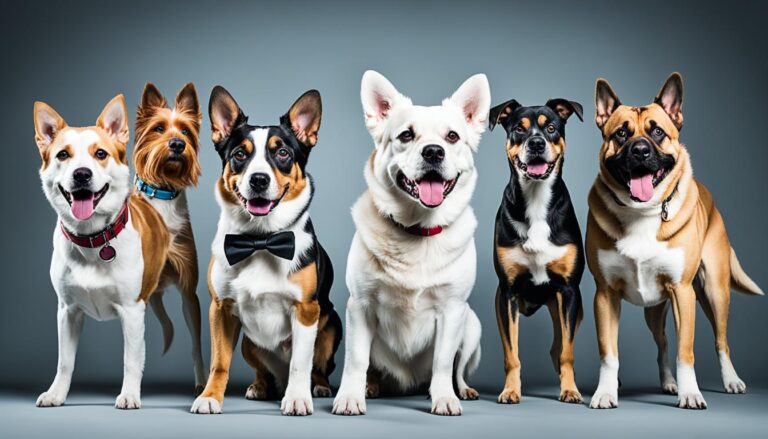Challenging dog breeds – Breeds that can be difficult to manage.
Do you think you can handle a dog that’s full of energy and very determined? Challenging dog breeds can be a lot to take on, but they also bring great joy. These dogs are known for being very active, needing a lot of training, and having strong personalities. They can try your patience and require a lot of work. But have you ever thought about what exactly makes them so tough to handle?
Key Takeaways
- Challenging dog breeds require extensive exercise, training, and socialization to thrive
- Stubborn temperaments and a strong-willed nature can make these breeds more difficult to manage
- Owners must be prepared to establish firm and consistent leadership to prevent behavioral issues
- Positive reinforcement techniques are essential for effectively training challenging breeds
- Proper preparation and understanding of a breed’s unique characteristics are crucial for successful ownership
Understanding the Traits of Challenging Dog Breeds
Challenging dog breeds need a lot of action, aren’t easy to train, and are pretty stubborn. Breeds like Border Collies, German Shepherds, and Siberian Huskies do well with both physical and mental work. If you don’t keep them busy, they might get bored and act out.
High Energy Levels and Exercise Requirements
These dogs are full of energy and need lots of fun activities each day. It keeps them happy and healthy in their mind and body. If they don’t get enough exercise, they might start barking too much, digging, or chewing things they shouldn’t.
Stubborn and Strong-Willed Temperaments
They can be quite stubborn and like to follow their own way. This makes teaching them and helping them socialize hard work. You need to be experienced and show them who’s boss, but always with kindness and without losing your cool.
Intense Training and Socialization Needs
Training and meeting new friends is important for these dogs. It helps them become great friends and learn quickly. They need to get used to all sorts of places, people, and other pets when they are young. This helps them avoid too much barking or being scared of things.
To be a good owner to these dogs, you must really understand their needs. You’ll need to spend a lot of time with them, be really patient, and know what you are doing. This way, you and your dog can have a great life together.
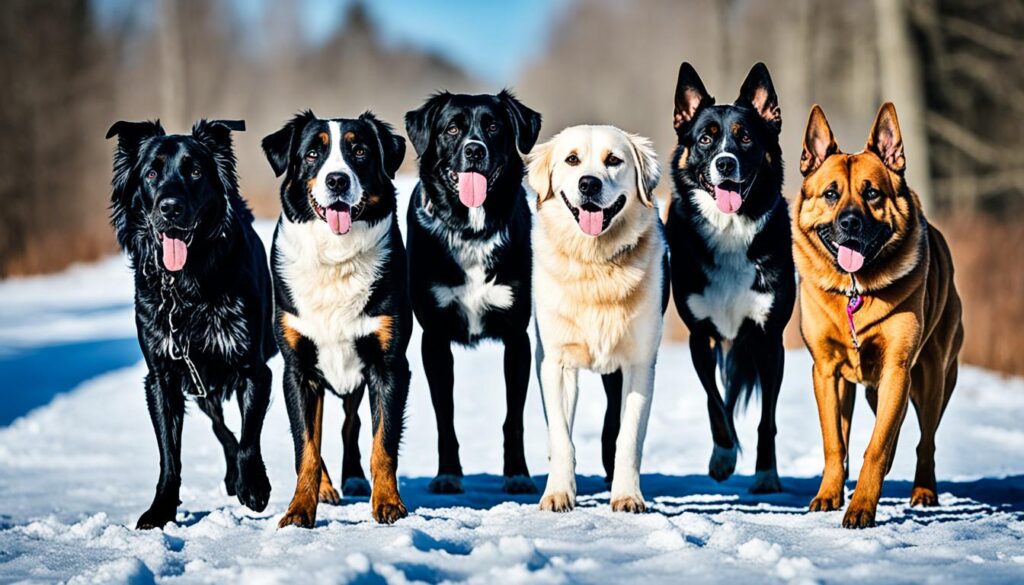
Challenging dog breeds – Breeds that can be difficult to manage
Owning a tough dog breed needs lots of time, patience, and knowledge. These high-energy breeds like Border Collies, German Shepherds, and Siberian Huskies need skilled care. They need training, socialization, and exercise more. Stubborn canines and strong-willed dogs require intense training. They may be dominant too.
Future owners should be ready for hard work and challenges. These dogs need a lot of exercise and obedience training. Teaching them to follow you is very important. This helps them become good friends.
Having a difficult dog breed can be a big adventure for those up to it. The effort is tough but the benefits are great. By knowing these hard to handle breeds well, owners can have a great bond with them.
Mastering Obedience Training for Demanding Dogs
Training your dog well is crucial, especially for hard-to-handle breeds. We need to show our dogs who is in charge clearly and calmly. It’s key to use positive training and be consistent. This helps keep peace and builds a strong bond with your pet.
Establishing Firm and Consistent Leadership
It’s vital to be the leader when dealing with tough dogs. This means making the rules clear and sticking to them. Showing your dog you’re the boss helps stop naughty behaviors before they start.
Positive Reinforcement Techniques
Along with setting the tone as the leader, using rewards is super important. Praising and treating your dog for doing good things makes them want to do them more. This method is way better than being mean, which can hurt your relationship.
By being a great leader and using rewards, you can make even the hardest-to-train dogs into sweet, good pets. It’s all about being clear and kind in how you train them.

